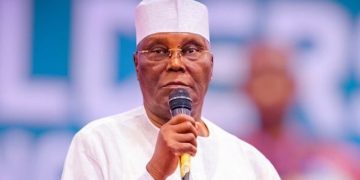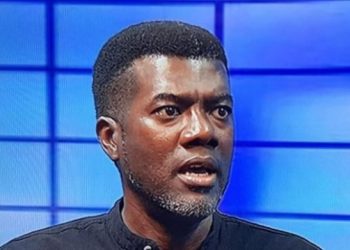The Federal Government has said that the charcoal trade is a massive threat to forest sustainability and livelihood in Nigeria.
FG recently revealed that the poorly regulated nature of the trade has led to severe environmental consequences across the country.
Speaking during the opening of a one-day stakeholders’ dialogue on charcoal production and forest conservation, the Permanent Secretary, Ecological Project Office, Office of the Secretary to the Federal Government, Dr. Aishetu Ndayako, shared that while charcoal remains a key source of household energy for millions of citizens, its trade must be regulated properly.
According to her, the dangers of a loosely regulated trade include deforestation, ecosystem collapse, and biodiversity loss, so trees cannot continue to be brought down indiscriminately.
She stated that the way the entire ecosystem is being degraded with minimal efforts at regeneration is not the way to go.
“The paradox is that charcoal remains a significant source of household energy for millions of Nigerians, particularly in rural and peri-urban communities.
With over 70 per cent of our population depending on biomass for cooking, the demand for charcoal has grown exponentially, both for domestic use and as an export commodity.
Trees are felled indiscriminately, and entire ecosystems are degraded with minimal efforts at regeneration. Forests, which serve as our carbon sinks, biodiversity reservoirs and cultural heritage are under siege,” she said.
Ndayoko further noted that uniting national policies on forest and biomass energy, while also strengthening enforcement agencies to regulate charcoal production and trade, is absolutely key at this point.
She concluded by saying that sustainable forestry can only be guaranteed when the local communities come together to make it happen.
“Sustainable forestry can only be achieved with the active participation of local communities. We must incentivise tree planting, agroforestry and community-managed woodlots.
Forests must be seen as renewable assets, not disposable resources.
We must scale up the transition and access to cleaner energy sources such as LPG, ethanol, biogas; improved biomass briquettes and solar cookstoves, particularly in the rural, peri-urban vulnerable communities,” she added.

Folami David is a dynamic journalist who views the world through an analytical lens, translating complex narratives across multiple industries into compelling stories. With an insatiable appetite for information and a keen eye for emerging trends, Folami specializes in uncovering the interconnections between technology, business, culture, and society.















